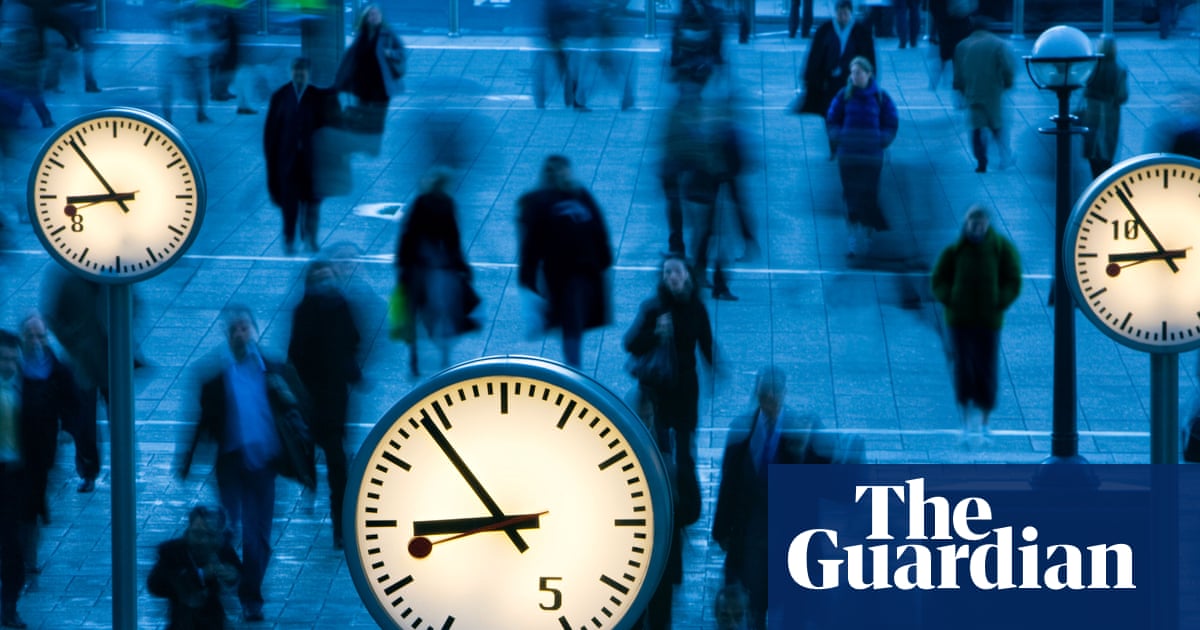Chandelier
Senior Member (Voting Rights)
AI Summary:
This Physicist Says We Don’t Take COVID Seriously Enough
Ongoing Impact of COVID
Physicist and complexity scientist Yaneer Bar-Yam warns that COVID-19 remains a major global health threat nearly six years after its emergence. He points to two “realities”:
- A JAMA study showing health-related work absences in the U.S. remain 12.9% higher than before the pandemic, tied to ongoing COVID circulation.
- Excess deaths remain elevated—about 2% above pre-pandemic levels, equating to roughly 120,000 unexpected deaths per year in North America.
The Health Risks of Repeated Infection
Bar-Yam says repeated COVID infections raise risks for heart disease, diabetes, dementia, immune system dysfunction, and virus reactivation such as shingles. He compares the cumulative effects to untreated HIV, noting both can cause chronic inflammation, immune exhaustion, and accelerated aging. Recent studies link COVID to increased cancer risk, including cancers related to HPV.
He calls this a “slow-moving immune decline crisis,” describing how brain damage, immune dysregulation, and cardiac injury may threaten society’s overall functioning. “Brain fog,” he emphasizes, reflects measurable structural loss.
Prevention and Policy
Bar-Yam argues that while no treatment exists for long COVID, prevention tools—clean air, respirator masks, testing, and reduced exposure—are available but underused. He supports new standards recognizing COVID as airborne, with N95 masks recommended for healthcare workers and improved air quality standards in schools and hospitals.
Risks to Children
Recent studies show children face long COVID risks similar to adults. A 2024 JAMA study found 10–15% of infected children develop long COVID; a 2025 Lancet study showed reinfection doubles that risk. Reported conditions include heart inflammation, fatigue, cognitive issues, and organ dysfunction.
Call for Action
Bar-Yam urges renewed commitment to public health, including ventilation, masking, and vaccination in schools. Through his initiative Unpolitics, he seeks to depoliticize COVID responses and rebuild community-based health action.

